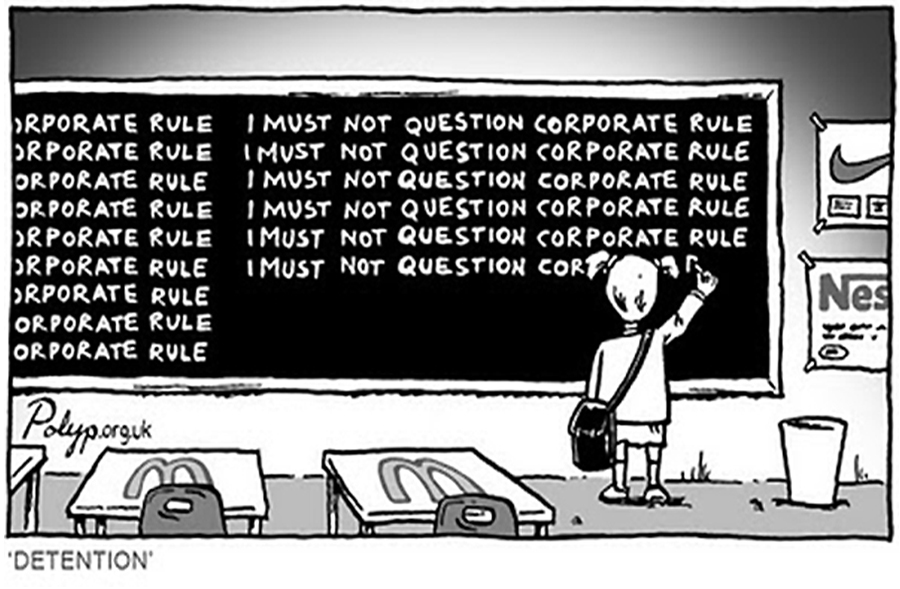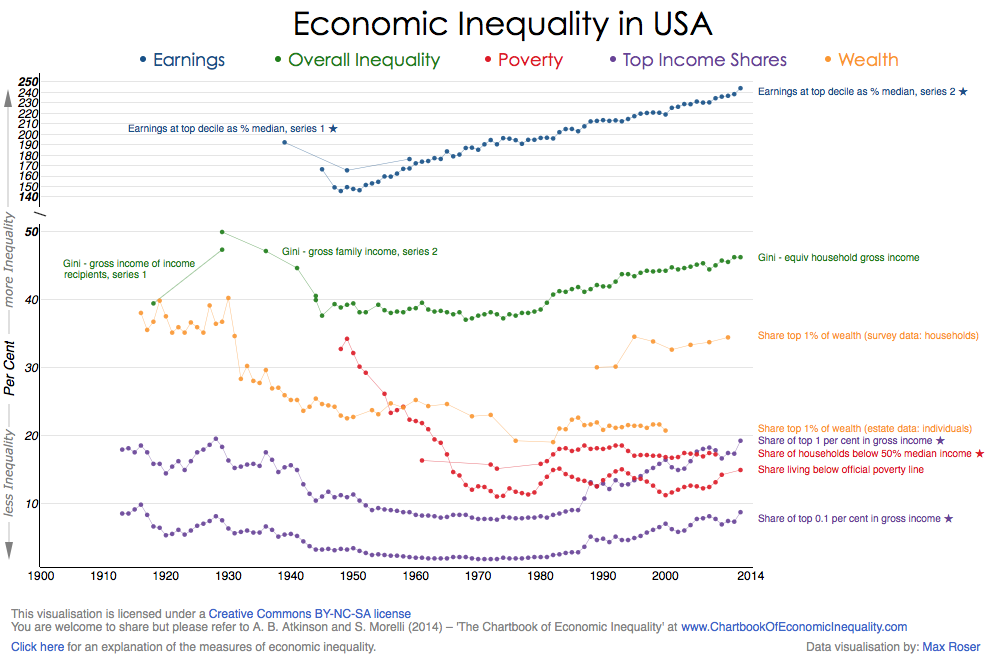Articles
Articles and analyses from the INET community on the key economic questions of our time.

The Brace is On

How Superstar Companies Like Apple Are Killing America’s High-Tech Future
Few would argue that America’s fortunes rise and fall on its ability to generate technological innovations — to put bold ideas to work and then bring them to market.

How Financialization Leads To Income Inequality
The paper referenced in this post, “Financialization and U.S. Income Inequality, 1970–2008,” recently was awarded the 2014 Outstanding Article Award from the Inequality, Poverty, and Mobility section of the American Sociological Association.

A History of the JEL Codes: Classifying Economics During the War [Part 1]
In the spring of 1940, as the war in Europe escalated and the likelihood of American involvement grew greater and greater, scientists understood that they would soon be drafted to help national defense planning.

How to Make Economics Students More Critical and Adaptive Thinkers?
Can we learn something from philosophy students?

What's Holding Back Reform in Economics?
Before reforming economics, we need to reform the discourse.
The Nature of Invention

Why Economics Curriculum Needs Historical Context?
Can Economists Be Adequate Without Studying History?

Post-Crash Economics
Robert Skidelsky knocks the scientific halo off mainstream economists’ teaching and research
We Can Blog it!

